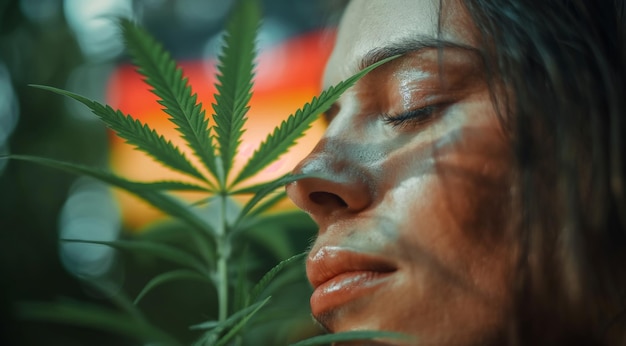
Feeling sad or uncertain is a natural part of life. But when those emotions grow into something more, like depression, extreme worry, or panic attacks, they can take a toll on both your mental and physical health. Although there are many products out there promising relief, they often come with unwanted side effects. This is where CBD, a natural remedy derived from the cannabis sativa plant, comes in. Known for its potential to ease anxiety and depression, CBD is gaining attention as an alternative treatment option. Here’s a closer look at what it has to offer.
**What Exactly is CBD?**
CBD, short for cannabidiol, is one of the many compounds found in the cannabis sativa plant, commonly referred to as marijuana. Unlike THC (tetrahydrocannabinol), which is another well-known compound from the plant, CBD isn’t psychoactive. In other words, it won’t give you a “high.” CBD is believed to help with various issues such as pain, sleeplessness, and inflammation, among others.
**How CBD May Help with Anxiety and Depression**
Although scientists are still exploring how CBD affects the brain, it’s thought to interact with CB1 and CB2 receptors, which play a role in regulating serotonin signals. Serotonin is a neurotransmitter that helps maintain mental health, and low levels of it are often linked to anxiety and depression. This makes CBD an intriguing option for those dealing with these conditions.
When it comes to anxiety, CBD has shown potential benefits for people with generalized anxiety disorder, social anxiety, post-traumatic stress disorder (PTSD), and even physical symptoms of anxiety like a racing heartbeat. It’s also known to help improve sleep for those struggling with stress-related insomnia.
For depression, CBD may have a positive effect on the hippocampus, the part of the brain that governs emotions. In individuals with depression, the hippocampus often doesn’t function as it should. CBD is believed to promote the growth of new neurons in this area, potentially improving emotional regulation.
**Using CBD**
CBD is commonly taken in forms like capsules, oils, or tinctures. To see the best results, it’s generally recommended to use it regularly rather than as a one-time fix. The good news is that CBD isn’t considered addictive, and it’s usually safe for long-term use. However, it’s always a good idea to consult your doctor before starting any new treatment plan. If you’re curious about using CBD for anxiety or depression, take the time to explore the options and find what might work best for you.